
Courtesy Shutterstock
One morning last fall when the weather was still unseasonably warm, my wife and I were playing tennis at the park. We played a couple times a week last year and enjoyed people-watching in between games and sets.
This particular morning, I watched a young, twenty-something couple meet in the middle of a large field. They were holding masks in hand and maintaining physical distance per state health guidelines. Standing the entire time, it looked as though they were courting lovers having a quarrel.
The calm quarreling went on for some time—several games of tennis, in fact, until finally I watched the couple embrace and kiss after seemingly working out their differences. “Young love beat COVID today,” I mentioned to my wife with a smile. The romantic in me was proud to see the blatant disregard for quarantine restrictions. My wife just rolled her eyes.
It was the cutest thing, really. I then called the Mask Gestapo and both lovers were immediately detained for being a menace to public health. Thank, heavens!
NOTE: Everything but the last two sentences are true.
 I forgot to hit publish on this earlier. Better late than never?
I forgot to hit publish on this earlier. Better late than never?
Pros
Cons
- I lost access to much of my village
- I got permenant tinnitus (ringing ears) while recording my album (turns out four straight months of loud headphones will do that)
- Had my income reduced by more than 50%
- I couldn’t travel as much with borders closed
In short, it was the most challenging four star year of my life. After all, first-world problems are way easier than third-world problems. I’m hoping 2021 will be at least a 4.5/5 star year and am doing everything I can to hit that mark!

Running man at Delicate Arch
I’m conflicted about this year.
On the one hand, 2020 has been the most difficult year of my life. After pandemic struck, I was underemployed and making less than half my normal income for much of the year. As a social butterfly that values gatherings, events, and travel, it’s been hard to pretend to be something I’m not: an introverted, ineffectual homebody that’s suppose to keep their distance.
To be asked to do this for an indefinite period of time is even worse, especially after a country of 10 million (Sweden) has avoided lockdowns, face masks, and closed businesses, even though their death rate is better than Spain, Italy, France, and America (who all opted for strict closures and mask use — go figure).
On the other hand, there’s a lot more to like about 2020 than not. In fact, it’s far from being the “dumpster fire” it’s been called. Although I wouldn’t consider it my favorite year, it’s certainly the most memorable. Here’s why: Continue reading…
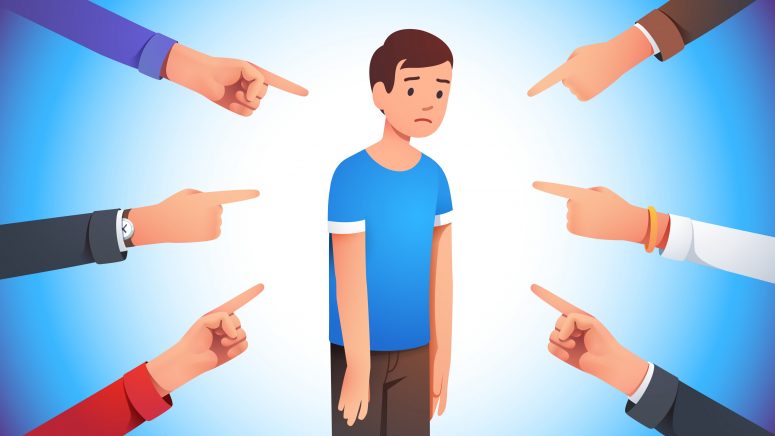
Shutterstock
My latest for Fodor’s about people who don’t think other people should travel in pandemic: “I think shamers are just scared, probably a little jealous, and don’t know how to handle their frustration or anger,” says travel blogger Kristin Addis. “The only way to handle it is to be OK with disagreeing. Shaming won’t fix anything. It won’t help communities that depend on tourism, and it won’t stop people from traveling either.” Continue reading…

Judge me if you must, but I’ve been roadtripping with family for the last several months in quarantine to domestic locations that are increasingly open to tourists.
This is what I’ve learned from that changed, strange, but still worthwhile experience of traveling in a pandemic: Continue reading…
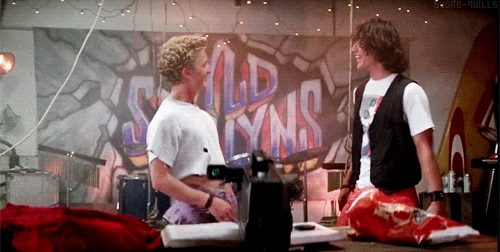
Two weeks after lockdown began this spring, I went to Guitar Center to pickup some gear for my new album. The place was packed. “It’s been Black Friday every day for the past two weeks,” one clerk told me.
Turns out, the sudden spike in homemade music has remained ever since. Gibson, Fender, and others have already broken record sales this year. One guitar maker sold in June and July what they expected to sell for the entire year!
According to the New York Times, “In a narrow sense, the surge made sense. Prospective players who had never quite found the time to take up an instrument suddenly had little excuse not to. As James Curleigh, the chief executive of Gibson Brands, put it: “In a world of digital acceleration, time is always your enemy. All of a sudden time became your friend.””
That was certainly the case for me. My work slowed, and I didn’t watch any Netflix or read any books during the first five months of quarantine. Instead, I spent all of my spare time making music, which resulted in my debut record and forming my first band since college.
It’s amazing what you can accomplish when time slows, whether by design or by pandemic.
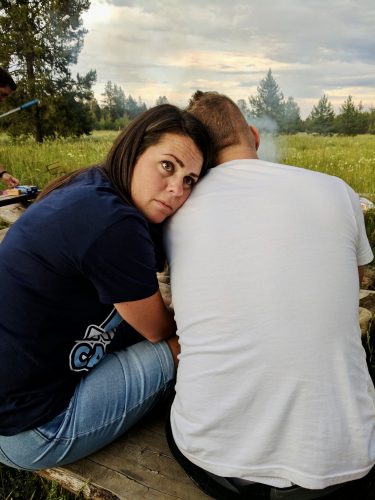 I was a mess the first two weeks of quarantine. My wife of 17 years said she had never seen me so stressed.
I was a mess the first two weeks of quarantine. My wife of 17 years said she had never seen me so stressed.
What did I do to cope?
I started writing music at a frantic pace and recorded 18 original songs in the first three months of shutdown. Twelve of those songs made it on my debut album that’s available for streaming and download on August 20.
One of the songs that really help me move from stress to at least some kind of clarity was called “Control What You Can.” With exception to the bridge, it ‘s only two chords and it has an uneasy feeling, the same feeling most of us felt when the world changed.
But in spite of the uneasy sound, I wrote the encouraging lyrics for myself, pleading to “control what I could” when there was so much I couldn’t control. It was a wonderful realization that help me turn a corner; from stress into action.
When I went to record the song, it was late at night. With my floor lamp and headphones on, I spent several hours on the production and immediately knew I had captured a special sound, arguably the most professional track on the the entire album. By the end, I recorded a simple but righteous guitar solo and sung my heart out during an extended outro.
This is that song. It’s pretty moody. And although the music doesn’t sound very uplifting, the lyrics completely are, which is a juxtaposition that I really like and hope you do to.
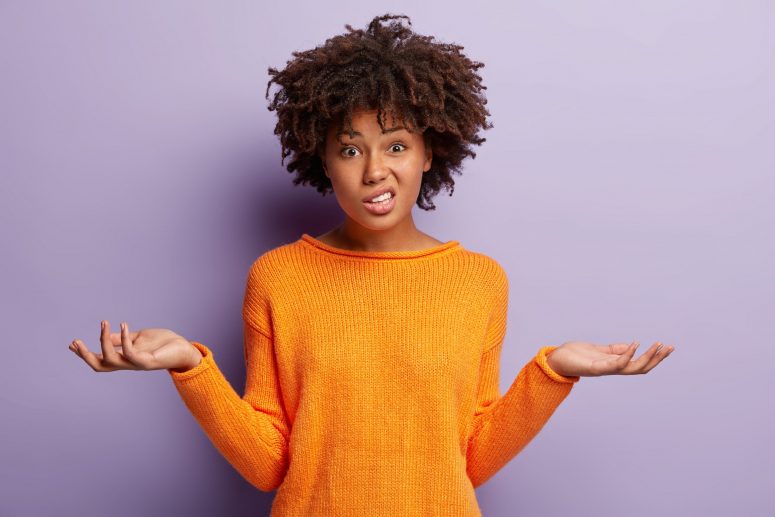
Courtesy Shutterstock
I’ve never been scared of COVID.
I’m still young and in good health, which played a big part in me not feeling vulnerable, since the virus tends to kill older and chronically ill people. But even those groups are both enjoying well over a 99% recovery rate now, according to the latest numbers. Whereas before coronavirus was hospitalizing and killing around 5% of those it infected, those numbers have dropped below 1%. Neither 5% or 1% scares me.
Truth be told, I’ve always sided with Sweden’s controversial, no masks, and little social distancing approach, which allowed schools, businesses, and small gatherings to remain open. That approach is increasingly looking like a more than suitable one that benefited Sweden’s economy without the massive death that the rest of the world predicted they would have.
Furthermore, in a recent report entitled The Coronavirus Is Never Going Away, The Atlantic convincingly argues that COVID will likely become a common cold or seasonal flu strain, like other coronavirus have before it. “I think this virus is with us to the future,” said one vaccine researcher at Johns Hopkins. “But so is influenza with us, and for the most part, flu doesn’t shut down our societies. We manage it.”
If that ends up being the case, I’m not sure how soon we can all remove the masks and start “social proximiting.” But I sure hope it’s sooner than later. As one commenter recently said, “Sitting at home shaking with fear while pointing the critical finger is no life.”
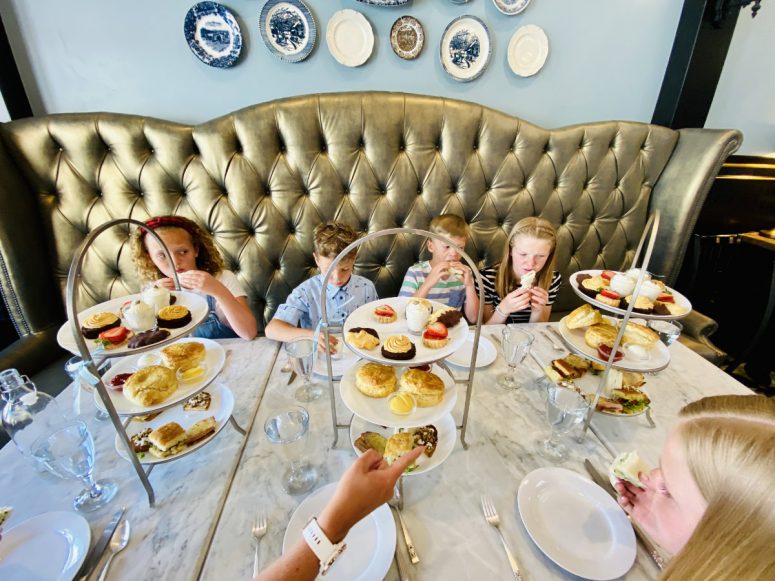
Courtesy Blake Snow
You don’t have to cross borders or cook from home to taste some of the world’s greatest foods. Looking for fresh ideas to spice up your quarantine cuisine? Try one of these, although your mileage may vary depending on current state restrictions: Continue reading…

Courtesy Blake Snow
Here’s my latest travel dispatch for Lonely Planet
Depending on where you live, amusement parks can be one of the best day trip experiences around. But like everything else, coronavirus indefinitely changed them.
As one of the US states with the lowest rates of coronavirus infections, Utah was also one of the first to lift restrictions and open its doors. In late May, one of those doors was the highly-rated Lagoon Park, which USA Today recently named one of the best “hidden-gem” theme parks in the country.
Local reaction to the park’s reopening was tepid at best. Is a tightly packed, and line-filled attraction really such a good idea, especially after over two months of quarantine? At first my wife and I said no. But after reading favorable reports of “no crowds,” “attendance limited to 15% capacity,” and “we had a lot of fun,” – not to mention almost no getaway options at our disposal (even Utah’s national parks still hadn’t yet opened) – we booked our family for the following Saturday. Continue reading…
 Days before America went on coronavirus quarantine this spring, Time Magazine published an excellent report on why Asian countries wear masks and Americans (up until that point) didn’t. The reason? There is little scientific evidence showing that masks actually work in preventing non-airborn illness such as the flu, common cold, and coronavirus from spreading. Earlier this year, the New York Times published a similar report showing dubious benefits, if any.
Days before America went on coronavirus quarantine this spring, Time Magazine published an excellent report on why Asian countries wear masks and Americans (up until that point) didn’t. The reason? There is little scientific evidence showing that masks actually work in preventing non-airborn illness such as the flu, common cold, and coronavirus from spreading. Earlier this year, the New York Times published a similar report showing dubious benefits, if any.
In light of that lack of evidence after decades of research, American health officials basically took the stance of, “If it ain’t proven to work, don’t do it.” They kept this stance until early April, when the CDC and WHO superstitiously started recommended them. Not because there were suddenly lots of scientific studies showing that masks actually work (there weren’t). Rather, when dealing with something that’s new and mysterious, humans understandably resort to “doesn’t hurt to try” approaches.
Only in this case, it does hurt to try. Here’s why well-intentioned but “false sense of security” health masks aren’t worth the hassle in the fight against coronavirus: Continue reading…

There are a lot of things I miss since coronavirus scared, scarred, and upended the world.
I miss the large number of people I used to freely associate with. I miss seeing the bottom half of people’s faces. I miss the wonderful customer service we used to receive from restaurants and other stores. I miss a normal workload.
I miss live events, especially sports, music, and movie theaters. I miss roaming about my city, country, and world in what was surely the heyday of global travel. I miss knowing that I could shake hands or high-five anyone I encountered. I miss the trust we used to have in immune systems, the ones that largely kept our species alive for hundreds of thousands of years.
But mostly, I miss being treated like a trustworthy human instead of a disease-carrying leper that should be avoided. That’s a gross feeling to confront on a near daily basis.
That said, I couldn’t have stomached and mostly thrived over the last three months had it not been for the following: Continue reading…
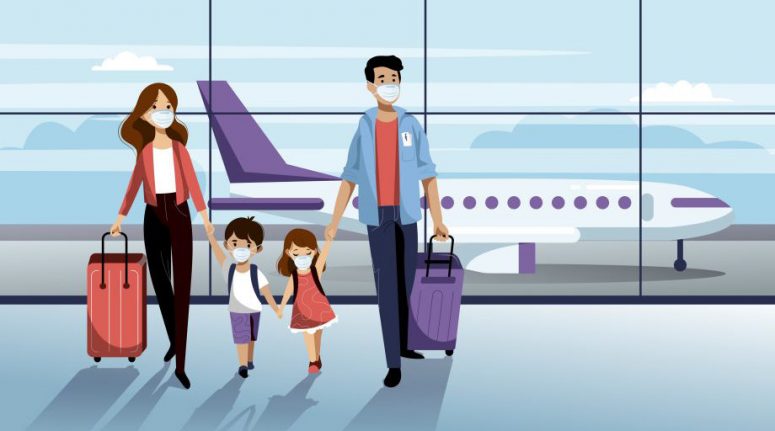
Courtesy Shutterstock
My latest for Lonely Planet: If you’re hoping that travel will return to normal in 2020, don’t hold your breath, experts say. That said, you will likely be able to vacation on a reduced basis later this year, if not by summer, some believe. Although not ideal, that’s better than the “do not travel” orders the world has endured since March.
So what might a travel reopening look like?
“The travel industry is a huge part of the economic health of so many countries, so I imagine by the end of the summer tourism will begin again,” says Jorge Branco, director of the World Travelers Association. “I don’t think schedules will be as they were pre-coronavirus right away, but there will be options available to begin the transition.”
In other words, we won’t hit the “on” switch as quickly as we hit the “off” switch. Rather, governments, health experts and tourism providers will metaphorically install “dimmers” to gradually increase lifestyles and travel to normal levels.
Continue reading on Lonely Planet…
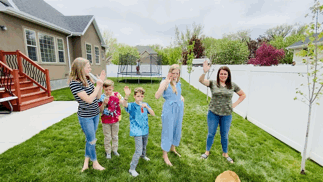
I wish coronavirus never happened. Given its uncertainty, I also wish society would have partially distanced like Sweden did instead of hitting the giant “off” switch on social life or “save hospital capacities at all costs” approach the rest of us took.
It’s a fearful world we live in.
That said, I’ve been able to take the lemons, if you will, to make some sweet lemonade recently. Although I was an angry, stressed-out wreck the first two weeks of quarantine, I’ve been able to transition to first coping and eventually thriving over the last month.
Here’s how the unwelcome outbreak and draconian quarantine have actually changed my life for the better: Continue reading…

I took this picture of my front yard this week—one of the prettiest springs I’ve seen in years. Thankfully quarantines didn’t cancel that.
Life goes on. 🌻
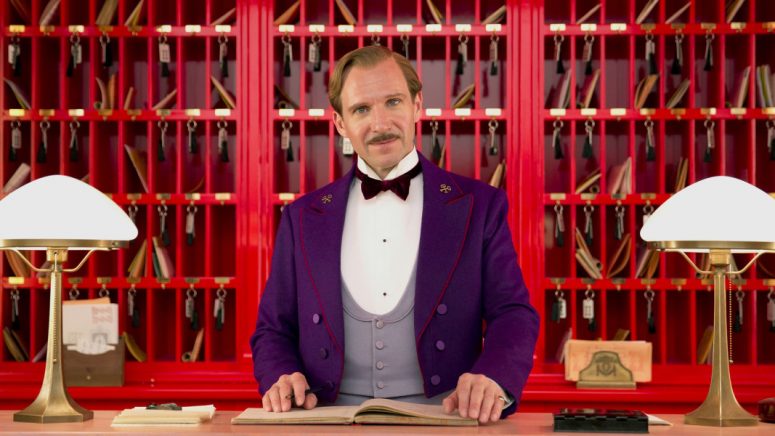
What do Indiana Jones, Little Miss Sunshine, Secret Life of Walter Mitty, Darjeeling Unlimited, and Endless Summer have in common? They’re among the very best feature films that make you want to go places. So before streaming your next great home movie, consider one of these first: Continue reading…

Courtesy Shutterstock
When the world first starting shutting down amid the coronavirus outbreak, I was angry. Angry with how the situation was being handled and frustrated by how quickly everything changed.
After the second week of widespread restrictions, I was grieving. I missed the sudden loss of lifestyle, normal working conditions, family routines, and exciting plans—almost all of it cancelled.
In this third week of quarantine, however, I’ve learned three important lessons that have allowed me to appropriately adjust and make the most of an unprecedented situation. They are as follows: Continue reading…

Courtesy Shutterstock
Some of my clients have recently asked how to address coronavirus uncertainty in their immediate writing and content marketing plans.
While I don’t have all the answers, these seem to be the most common approaches: Continue reading…
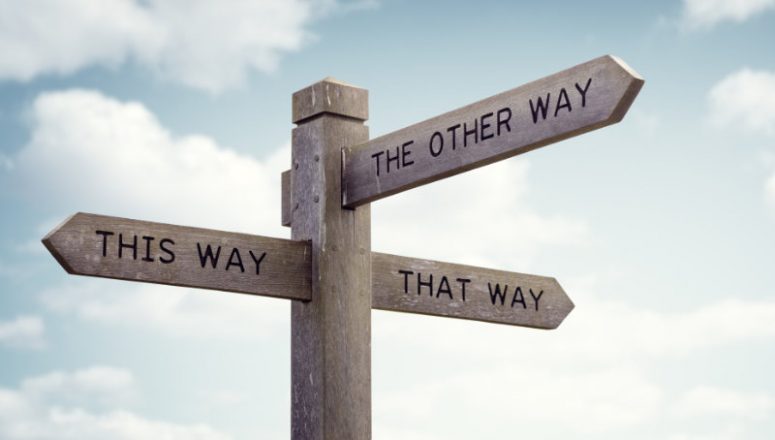
Courtesy Shutterstock
Over the last week, the world radically entered a health crisis mode. What was normal just a few days ago is no longer the case. In addition to school, office, sports, and recreation closures, many restaurants are even closing in some parts of the country. That can be a scary thing.
But it’s not all scary. We can still play music, congregate in tight groups, go outside, and carry on as best as possible. To help you do that, here are eight proven ways to overcome uncertainty, regardless of the source: Continue reading…

Stay safe out there, Internet.
 This week many world and local leaders hit the nuclear response button to a pervasive, flu-like virus that kills a lot of old people and around 10 times the number as the common flu, according to the latest figures.
This week many world and local leaders hit the nuclear response button to a pervasive, flu-like virus that kills a lot of old people and around 10 times the number as the common flu, according to the latest figures.
Dubbed “the coronavirus” (covid-19 to be scientific), roughly 92% of all infected age groups survive and fully recover. For those under 60, the survival rate jumps to over 99%. For those in their 70s and 80s, or those with respiratory or smoking conditions, the survival rate drops to 96% and 92% respectively. For comparison, the flu kills .1% of those infected on average.
Understandably, those “much higher than normal odds” are a scary concern for senior citizens like my parents who venture out in public. But depending on how optimistic you are, a 92-99.5% survival rate doesn’t warrant shutting down society for, as one megacity in China has done and the entire countries of Italy, France, Spain (and surely more) have already done.
In my opinion, those reactions are the nuclear option. A “flattening the curve” of infections at all costs option. In America, we’ve so far taken a hybrid approach, which is still an overreaction, in my risk-taking opinion. Although citizens are free to move about and go to a decreasing number of open stores (because there isn’t enough foot traffic to keep them all open), every public event, many businesses, most churches, and an increasing number of schools are closed to meetings.
To make matters worse, public officials haven’t explained an endgame or exit strategy for the first wave of 15-30 day closures. Because they don’t have one. This only causes more panic and uncertainty. Continue reading…
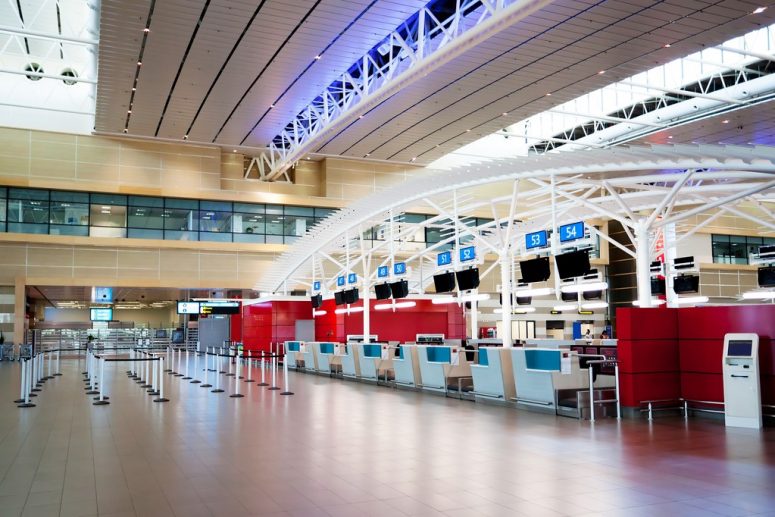
Courtesy Shutterstock
I wrote this for Lonely Planet today and hope it can lighten any travel restrictions.
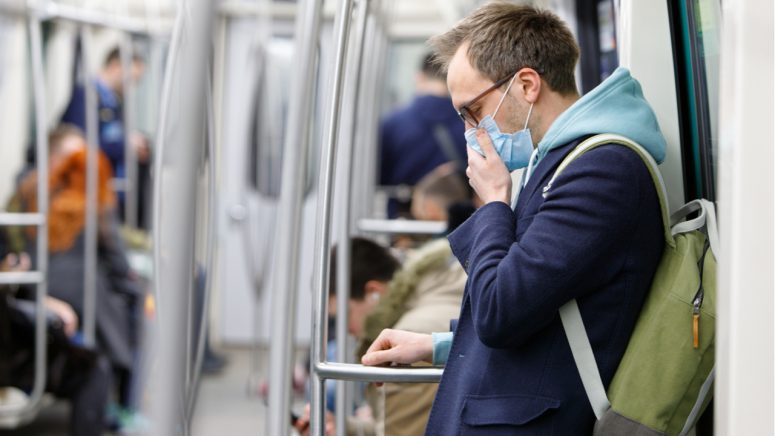
Courtesy Shutterstock
This is a fascinating report by Time on cultural truth, incomplete science, better than nothing protection, and the cost of social distancing. “People look at me funny because I don’t wear a mask,” Chan says. “But I think the only thing that’s laughable is everyone buying into this excessive fear. People are being led by emotion, not science.”
PS—I’m grateful for public health officials and infectious disease doctors. Like vaccines, I believe they have our best interests in mind. What I’m not comfortable with is a nuclear social distancing response in reaction to a serious but still not that deadly virus (aka the vast majority of those infected by coronavirus live). It’s unfair to trump out a “flatten the curve at all costs” approach to something that doesn’t deserve such a dramatic response. Just because we could “flatten the curve” of 61,000 flu deaths last year with nuclear social distancing doesn’t mean we should. That’s why people are upset, scared, and confused. We can’t agree on the price to pay!
 The following was written by Dr. Abdu Sharkawy after a global wave of premature event cancelations, travel restrictions, and economic collapse:
The following was written by Dr. Abdu Sharkawy after a global wave of premature event cancelations, travel restrictions, and economic collapse:
I’m a doctor and an Infectious Diseases Specialist. I’ve been at this for more than 20 years seeing sick patients on a daily basis. I have worked in inner city hospitals and in the poorest slums of Africa. HIV-AIDS, Hepatitis,TB, SARS, Measles, Shingles, Whooping cough, Diphtheria…there is little I haven’t been exposed to in my profession. And with notable exception of SARS, very little has left me feeling vulnerable, overwhelmed or downright scared.
I am not scared of Covid-19. I am concerned about the implications of a novel infectious agent that has spread the world over and continues to find new footholds in different soil. I am rightly concerned for the welfare of those who are elderly, in frail health or disenfranchised who stand to suffer mostly, and disproportionately, at the hands of this new scourge. But I am not scared of Covid-19. Continue reading…


 I forgot to hit publish on this earlier. Better late than never?
I forgot to hit publish on this earlier. Better late than never?



 I was a mess the first two weeks of quarantine. My wife of 17 years said she had never seen me so stressed.
I was a mess the first two weeks of quarantine. My wife of 17 years said she had never seen me so stressed.


 Days before America went on coronavirus quarantine this spring, Time Magazine
Days before America went on coronavirus quarantine this spring, Time Magazine 








 This week many world and local leaders hit the nuclear response button to a pervasive, flu-like virus that kills a lot of old people and around 10 times the number as the common flu, according to the latest figures.
This week many world and local leaders hit the nuclear response button to a pervasive, flu-like virus that kills a lot of old people and around 10 times the number as the common flu, according to the latest figures.

 The following was written
The following was written